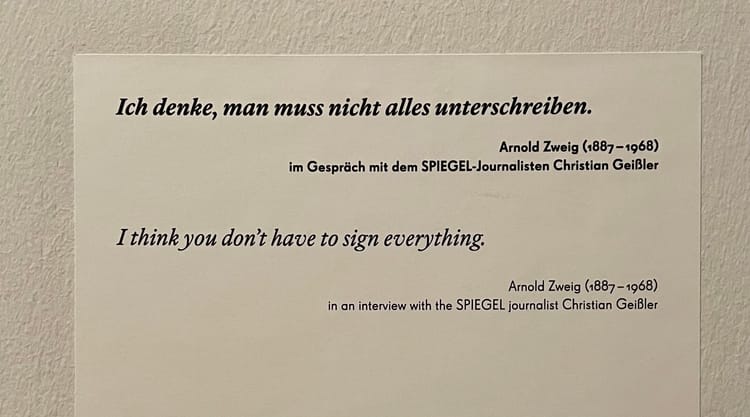Expectation >< Motivation

I was on a trans-Atlantic flight recently and took the opportunity to speed-read through a book. I wanted to finish it before my plane landed. I didn't manage to do so, however. My posture while reading on the plane was far from optimal, so I took many breaks. But more importantly, I stopped reading after ~3 hours and switched to do something else. It was a non-fiction book and I realized my goal is to learn new stuff by reading it, which I was failing to do had I continued to parse through it at a rapid pace like a novel. Next time, I'll know better to pick fiction.
It was an interesting experience nonetheless. The book is called "Same as Ever" by Morgan Housel. I had one major takeaway from it.
The takeaway is inspired from the following quote:
“The first rule of a happy life is low expectations. If you have unrealistic expectations you’re going to be miserable your whole life. You want to have reasonable expectations and take life’s results, good and bad, as they happen with a certain amount of stoicism.”
– from a quote by Charlie Munger in "Same as Ever," Morgan Housel
The book is filled with good quotes and wisdom pitches. But this fragment left a mark on me, in particular because it is relevant for a contradiction I have been wrestling with for a long time. It seems to help me resolve this contradiction, or at least make a dent in it. Time will tell the actual impact it will have on me.
The contradiction is as follows: How is it possible to be more decisive and ambitious with life's decisions while also practicing a lack of attachments, letting events flow without us trying to force outcomes and determine results? Any quantity of ambition and spirit of venture needs to be fueled. And the fuel is made of dreams, desires, goals, objectives. But this fuel also makes us feel attached, identify with the outcomes we seek, overly serious or overly tight, which is unconstructive to living a good life.
The insight I got from the quote is that it might be useful to distinguish between two distinct states of mind. On the one hand, we have expectations. One the other hand, there is motivation.
Both expectations and motivation are psychological states – constructed mental models that we come up with on our own, maybe deliberately, maybe instinctively. Expectations are what we use to build images about how the future should look like. In contrast, motivation is what we use in the present as an aid to decide between options such as, Should I chill, or should I exercise now? Using expectations as fuel seems to hook present choices in hopes about future outcomes. Using motivation as fuel seems to hook present choices in the way we relate now to those choices.
The difference between the two is subtle.
I have one analogy that was helpful for me to grasp the distinction. It is about high school years, and I came up with it now, with the benefit of hindsight. The difference is between studying a material incentivized by a good grade – expectation – versus studying that material because I was interested in the topic – motivation. It used to make a huge difference both in the present and the future if my study time was based on expectations versus based on motivation. If I was motivated, time flew by. If I was hinging on some external incentive about the future, however, time felt heavy like a heartbreak, and I was not my best self, usually looking for shortcuts and distractions.
Low expectations + high motivation seems to be a good formula for understanding that there isn't necessarily any contradiction between ambition and detachment. I can venture vigorously into something by pouring my energy relentlessly and bringing good spirits, motivation, constructive approaches, free of Ego, because I don't do it out of high expectations. Instead, I do it for the task itself.
The above are all fuzzy approximations of what actually happens in our mind and the chemistry in our body. I don't know how accurate I am in this model. It probably does not matter. All models are wrong, but some are useful. Let's see.



Comments ()